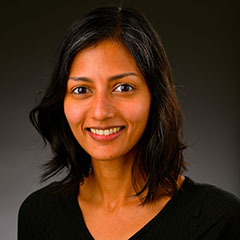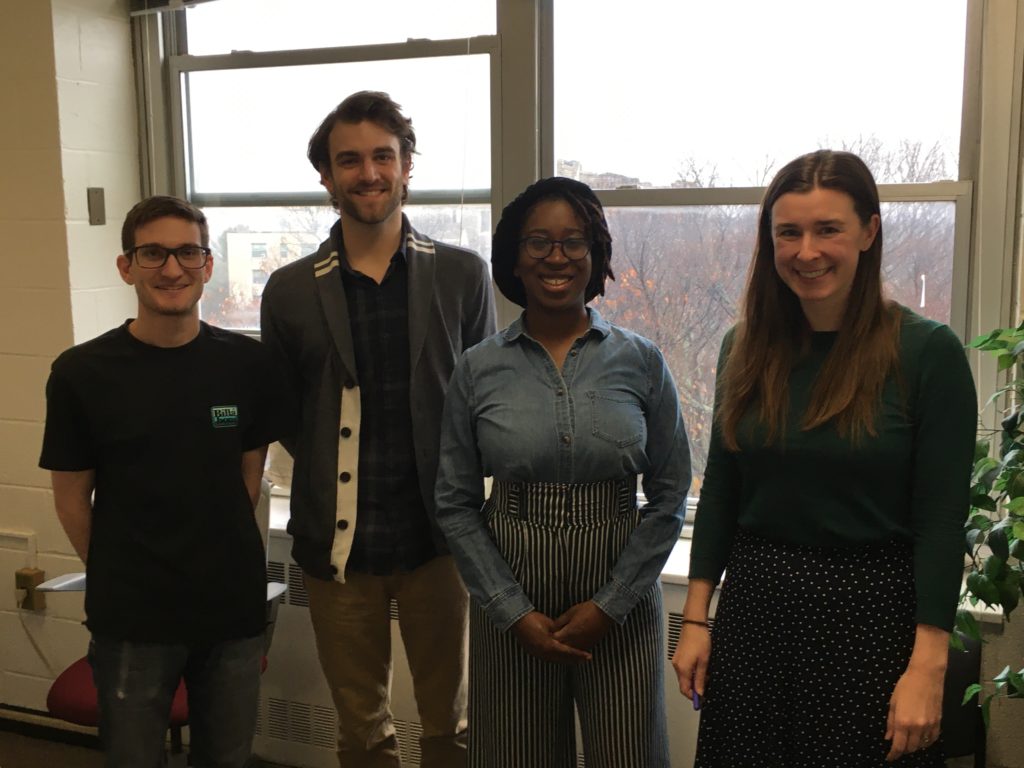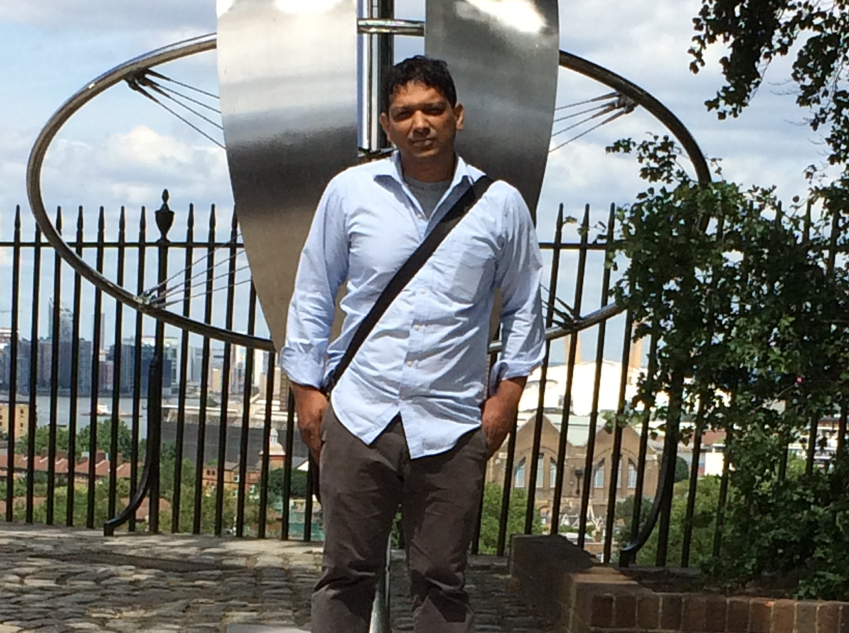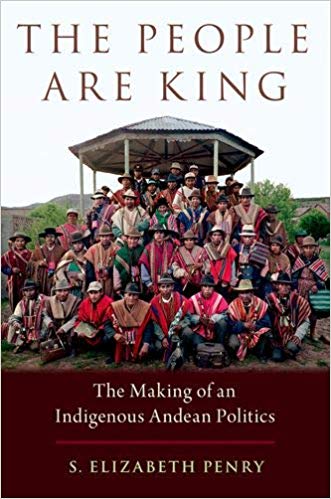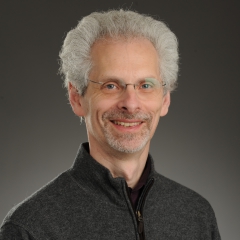This is part 3 of our new series, “What is Global History at Fordham?” Today, we hear from Professor Samantha Iyer, a member of Fordham’s Global History consortium, on what global history means to her and how it shapes her work.
“Global history offers a perspective that is integral to my work as a historian of capitalism: a system for organizing life that has, since its beginnings, bound together continents and nations. It allows us to ask fundamental questions that tend to lie outside the purview of the national histories that have traditionally dominated the historical profession. For example: How did the work of enslaved people in the Americas since the sixteenth century affect economic institutions and everyday life in Europe? Why did the environmental catastrophe of the Dust Bowl in the 1930s United States have echoes in other parts of the world near the same time, such as South Africa and Australia? How have organizations like the International Monetary Fund, World Bank, and Rockefeller Foundation influenced the economic systems of countries around the world? Global history encourages you to think critically about the geographic contours of the questions that most interest you.”
